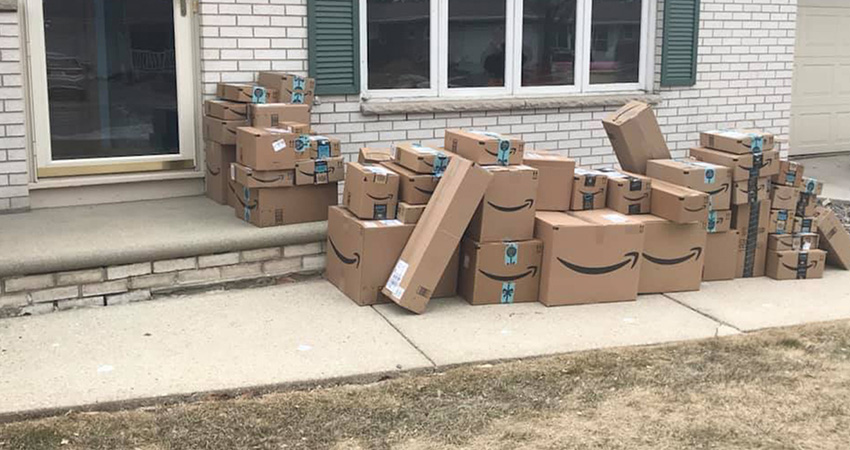Amazon aggregators, companies using massive capital infusions to acquire top sellers and roll them up to gain economies of scale, continue to fall on hard times as market forces have squeezed the model and forced businesses to shift their focus from an arms race to a profitable growth trajectory.
As Amazon’s ecommerce sales have faltered, down 2% in 2022 although up 3.7% in the most recent quarter, it has created a ripple effect throughout this once-lucrative corner of ecommerce. Cracks began to show last year when the flow of capital into Amazon aggregators began to retreat. It was down 80% from the prior year, according to Marketplace Pulse.
More consolidation is expected in the overcrowded space, after the June acquisition of Elevate Brands by SellerX, and Suma picking up D1 Brands the month before. Spencer Soper of Bloomberg likened the market dynamics to the popular streaming series “Game of Thrones.”
Last week, Amazon aggregator Benitago filed for chapter 11 bankruptcy protection, the Wall Street Journal reported. This comes seven years after its founding and two years after the firm raised $325 million in new funding.
Separately, Apollo Global Management is trying to recoup its $500 million investment in Victory Park Capital, which has backed several Amazon aggregators, according to Bloomberg. Victory Park is seeking a buyer for Perch, one of its investments.
Not long ago, Perch was a leading player in the pantheon of firms amassing a portfolio of top Amazon sellers. According to data from Marketplace Pulse, Perch had raised $908 million as of June 2022, behind only Thrasio ($3.4 billion) and Berlin Brands ($1.3 billion) in building a war chest.
The financial struggles of Amazon aggregators may have contributed to three lawsuits filed by acquired sellers in the past year, all of which allege non-payment and breach of contract terms.
In September 2022, SellerX was sued by acquired brand Regal Games, seeking repossession of its popular toy Chalk City and $900,000 in deferred payments. Then in February, Austin Naturals filed papers seeking $1.25 million in deferred payments from Branded Group. Lastly, Razor Group was sued in June by Tribe WOD and Kettlebell Kings, two similar brands with mirror cases, as was UK-based Factory 14, which acquired Razor Group earlier this year.
Juozas Kaziukenas, founder and CEO of Marketplace Pulse, said each acquiring firm has its own particular set of investors, backing terms and circumstances. He added the concept of Amazon aggregator itself is passe as companies shift from an arms race of stockpiling brands to stabilizing the business. He cited a recent release by Go North that stressed profitability and optimizing cash flow over a “brand-centric approach.”
“They are now focusing on growing existing brands, launching new products, launching brands themselves and only sparingly doing acquisitions,” Kaziukenas said. “We’ll have to forget the name ‘Amazon aggregators’ some day because it doesn’t fit the picture anymore. Those firms are Amazon sellers with VC backing, which has, like it always is with raising capital, advantages and disadvantages.”

